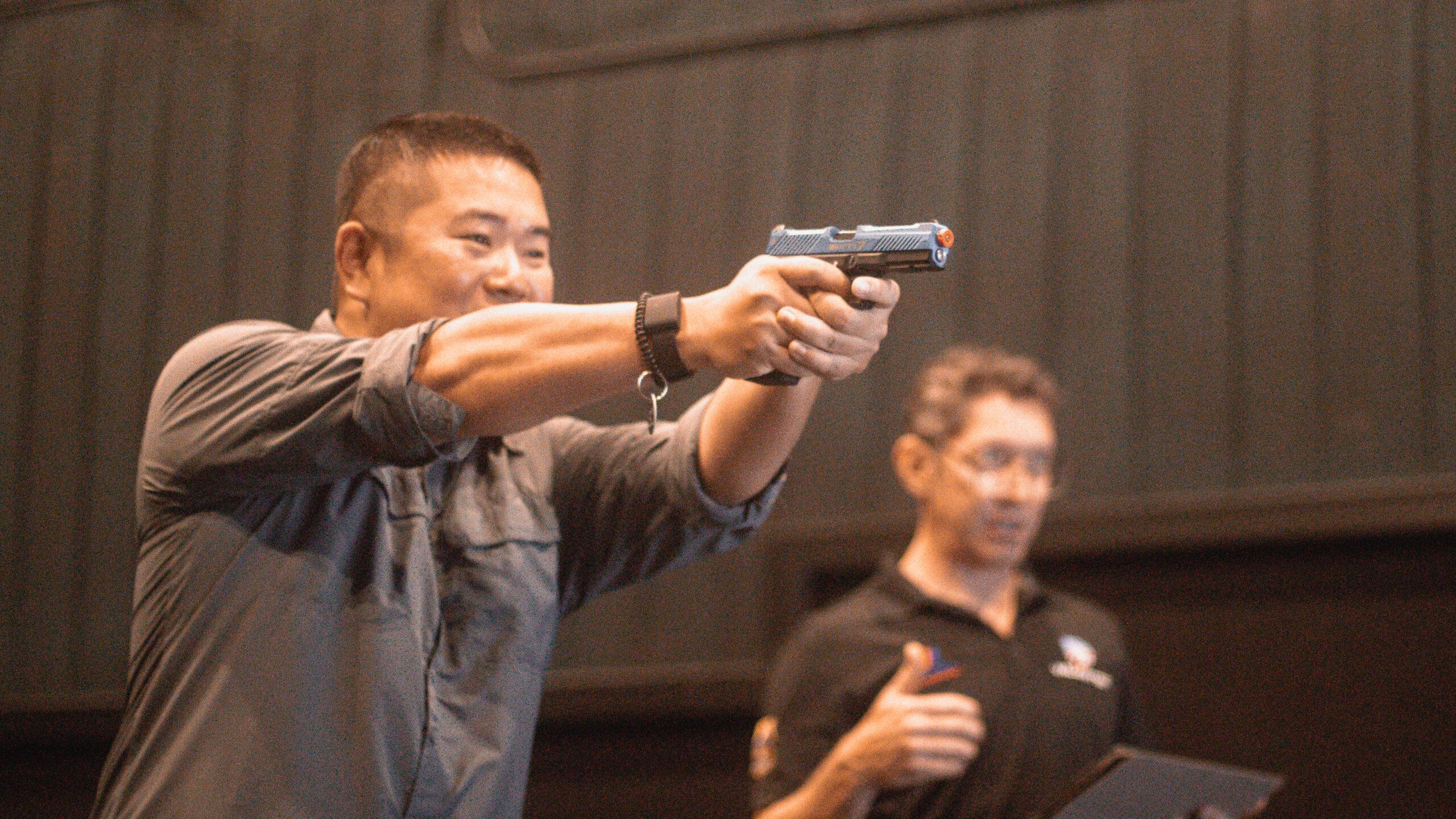Top 5 Differences Between Class D and Class G Security Licenses in Florida
You’re not armed. You’re not prepared.
Let’s fix that.
If you’re in Florida working private security, you’ve probably heard people throw around “Class D” and “Class G” like they’re interchangeable. They’re not. Confusing these two licenses isn’t just a rookie mistake—it’s dangerous. In this post, I’m breaking down the top five real-world differences between Class D and Class G licenses that every serious professional needs to understand. No fluff. Just the facts.
1. Authority to Carry a Firearm
Class D = Unarmed
Class G = Armed
Let’s not play games: if you only hold a Class D license, you have no legal authority to carry a firearm while on duty. Zero. You’re showing up to a potential threat with empty hands.
A Class G license, on the other hand, specifically authorizes you to carry a handgun—after completing the state-mandated training. You’re not just reacting anymore—you’re a deterrent.
Florida Statute Chapter 493.6115 makes it crystal clear: carrying a firearm on duty without a G license is a felony. You want to risk your freedom and future? Don’t think so.
2. Training Requirements
Class D = 40 hours classroom
Class G = 28 hours classroom + live-fire qualification
Class D licensees go through a 40-hour training course focused on legal responsibilities, patrol techniques, incident reporting, and emergency procedures. It’s about presence, observation, and communication—not engagement.
But when you step up to a Class G, the game changes. You’re required to complete:
- 28 hours of firearms training (Classroom + Range)
- Live fire qualification with a 70% minimum score
- Annual 4-hour requalification to stay legal and current
This isn’t optional. This isn’t flexible. It’s law. And it’s built to weed out the undisciplined.
Source: Florida FDACS Firearms Training Manual (FTM) – FDACS-P-02079
3. Job Roles and Pay
Class D = Observe & report
Class G = Protect & respond
With a Class D, you’re typically working low-risk environments: retail stores, construction sites, gate access points. Your job? Watch, report, and de-escalate. Important, but limited.
Add a Class G to your wallet, and suddenly doors open. You’re eligible for high-threat and high-pay roles: armored transport, executive protection, bank security, and active threat response. Agencies and clients are paying for capability, not presence.
Think minimum wage vs. $25–$40/hour armed posts. Your license level determines your pay ceiling.
4. Legal Liability
Class D = Lower risk, lower exposure
Class G = Higher risk, massive responsibility
As a D licensee, your liability mostly comes from failure to observe or report correctly. Once you’re G-certified and carrying a weapon, every round you chamber is a potential court case.
You are held to a higher legal standard: proportional use of force, weapon retention, shoot/no-shoot judgment, and civil liability for injuries or misuse. Without proper training and judgment, you’re a walking lawsuit.
This is why Valortec drills real-world scenario judgment, not just flat-range shooting. The courtroom doesn’t care about your bullseye—it cares about your decisions.
5. Ongoing Requirements
Class D = No requalification
Class G = Annual firearms requalification required
Once you’ve earned your Class D, it’s good for 2 years. No mandatory re-tests. Simple renewal.
Class G? Not so easy. You’re required by law to requalify on the range every year with the firearm you carry. No annual requal, no armed status. Get caught with a firearm while expired? Congratulations, you just committed a felony.
That’s why Valortec runs monthly G-requal clinics across Florida—because real professionals stay ready, not expired.
Final Verdict: Are You Just a Body, or a Protector?
Class D gets your foot in the door. Class G puts your finger on the trigger—and the responsibility that comes with it.
Here’s the blunt truth: if you’re serious about security in Florida, you need both. A Class D without a Class G is like wearing a badge without backup. You look official, but when it gets real, you’re unarmed and exposed.
Ready to Level Up?
If you’re holding a D and not planning your G upgrade, you’re behind the curve.
Valortec’s Class G Certification Course isn’t just compliant—it’s combat-tested, scenario-driven, and legally fortified.
📍 Live-fire qualifications
🧠 Florida statutes & use-of-force law
🚨 Real-world simulations
💣 Veteran instructors with LEO/MIL backgrounds
Train like your life—and someone else’s—depends on it. Because it does.






